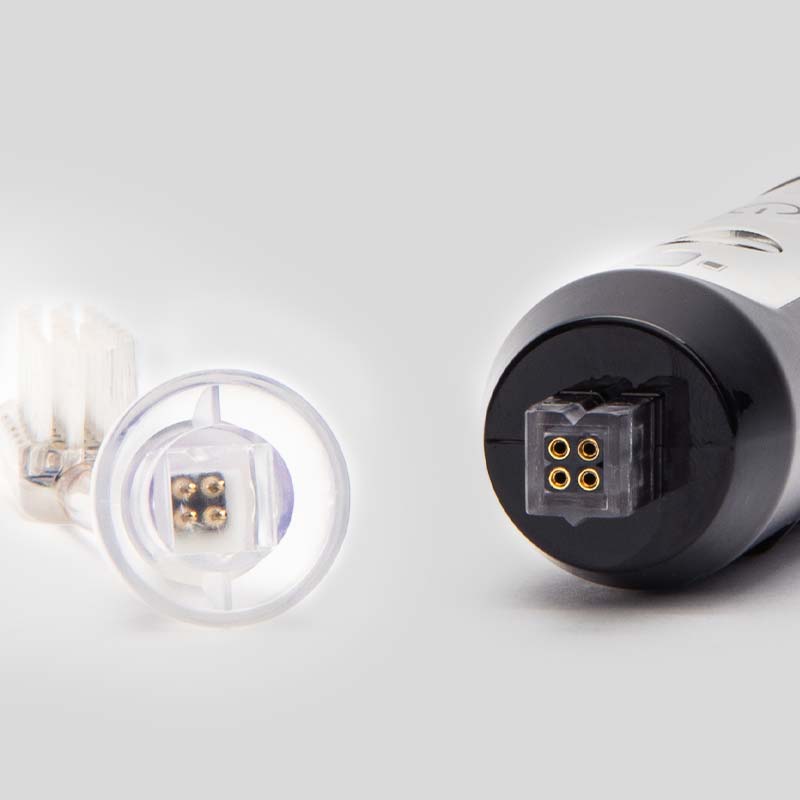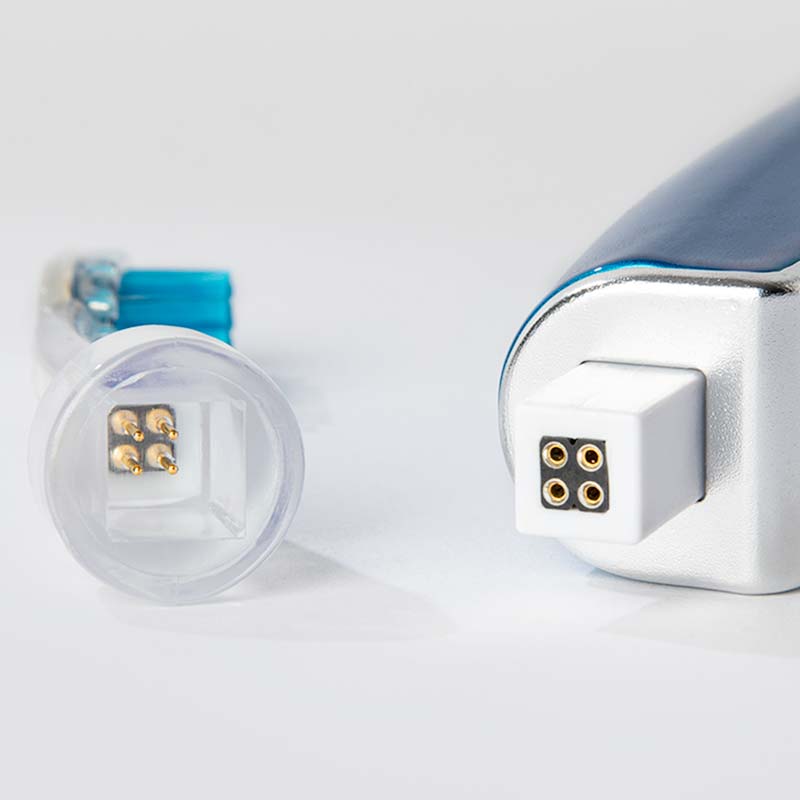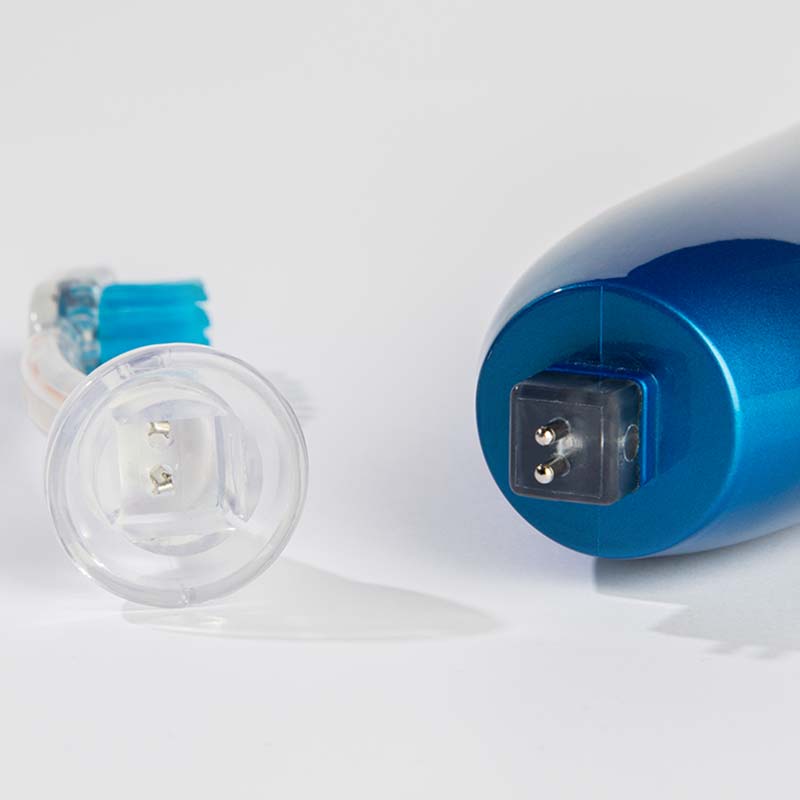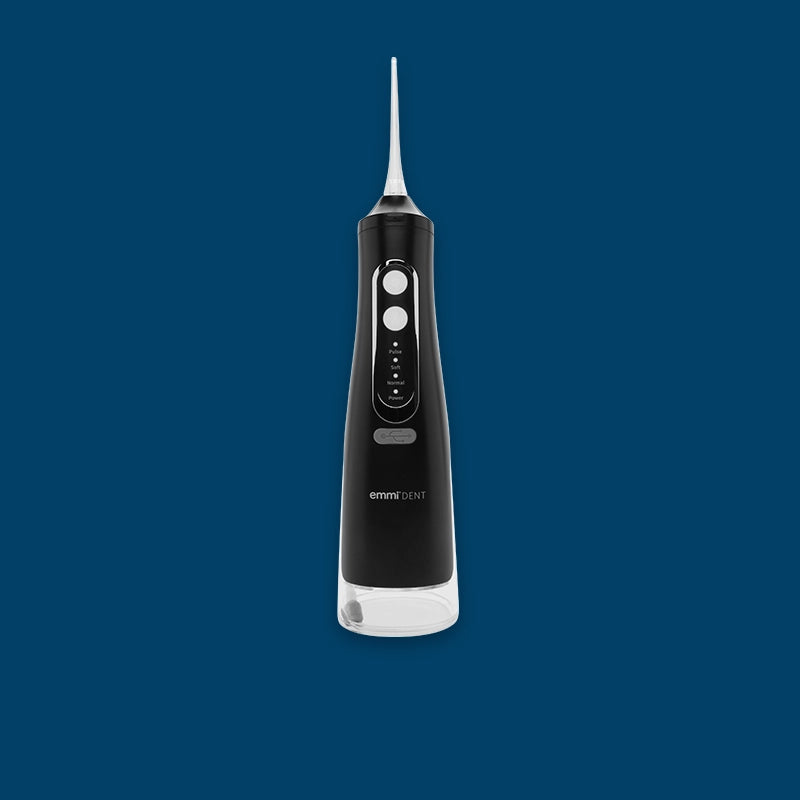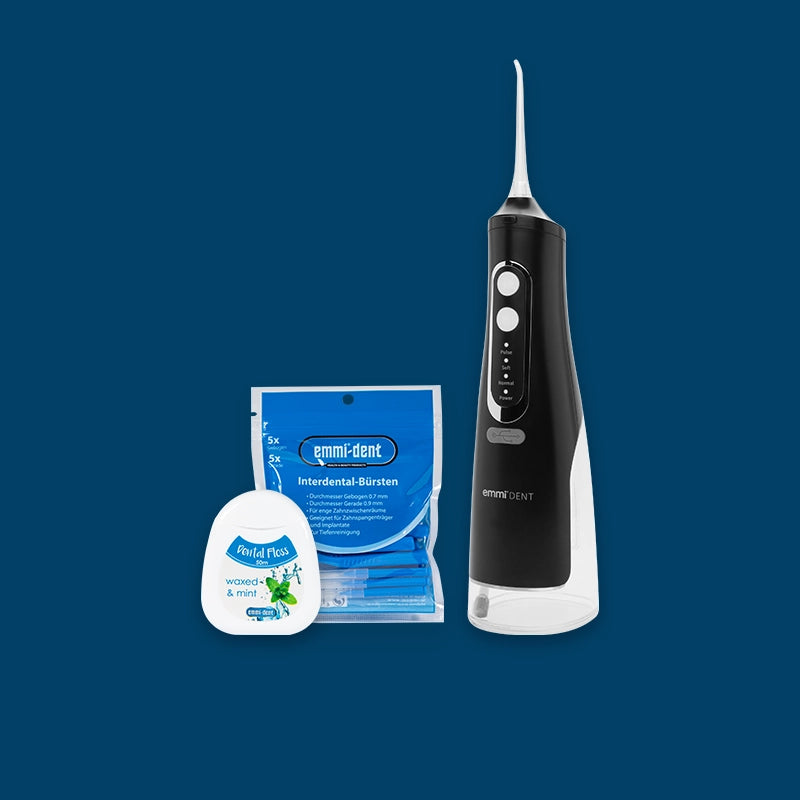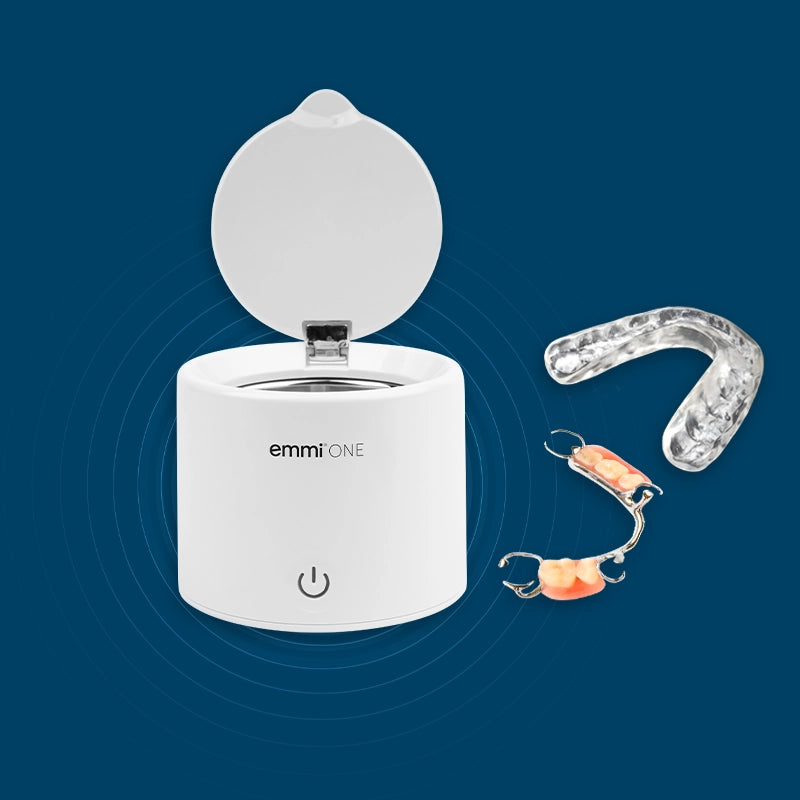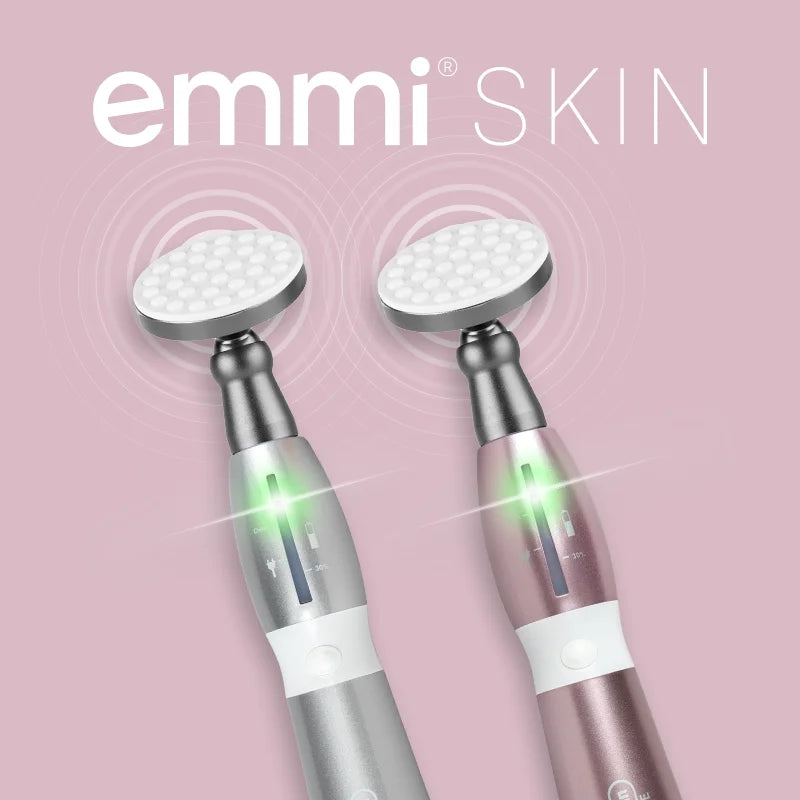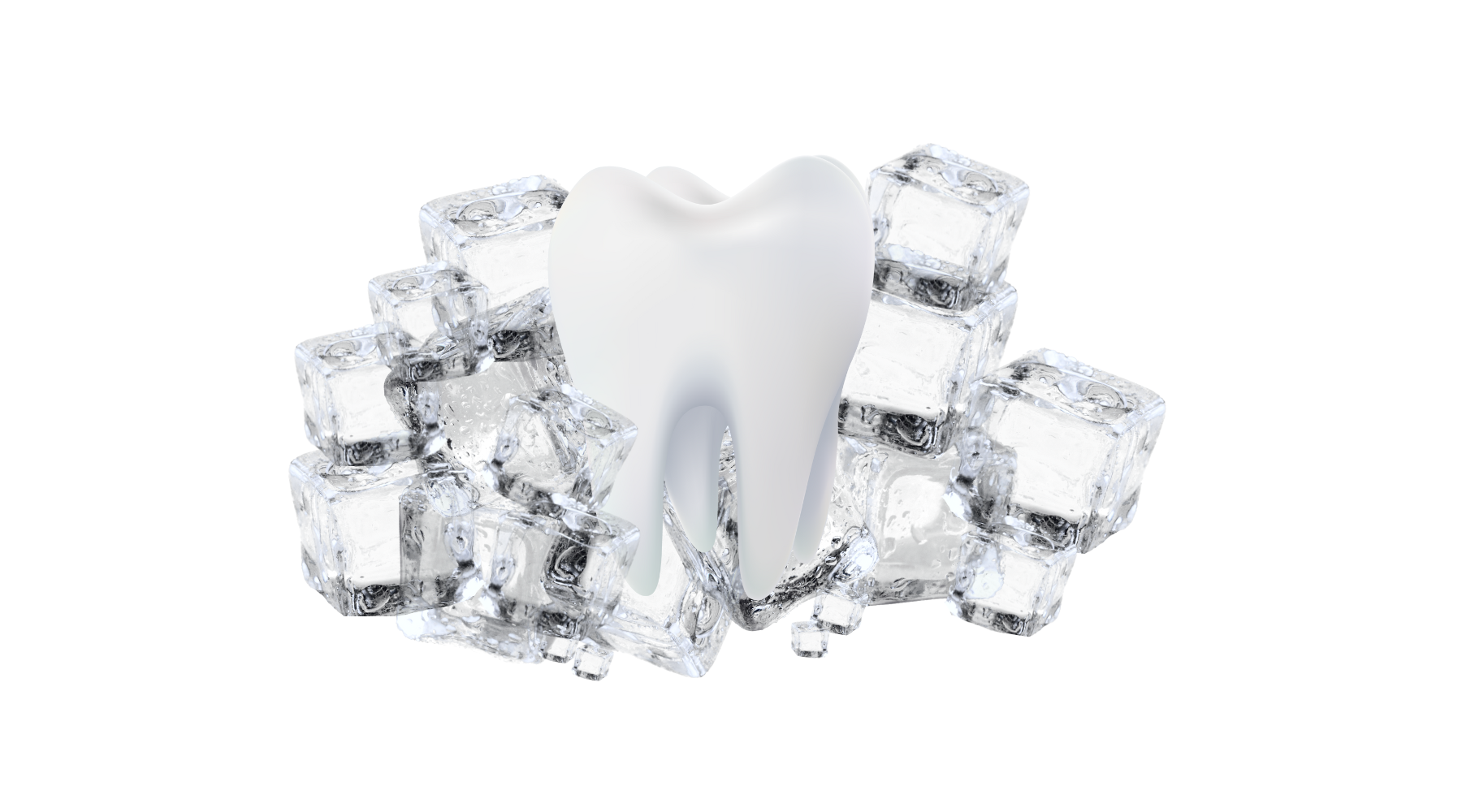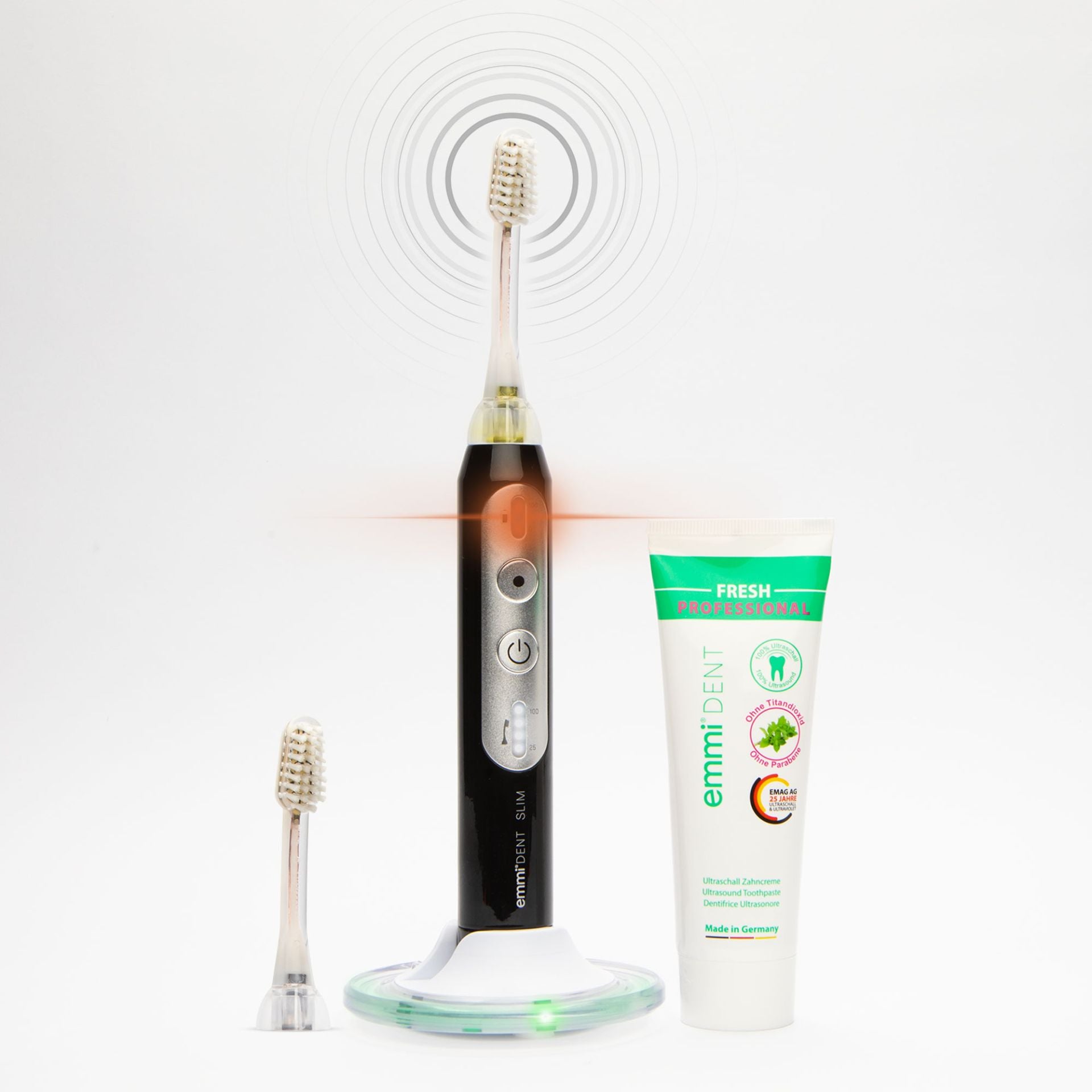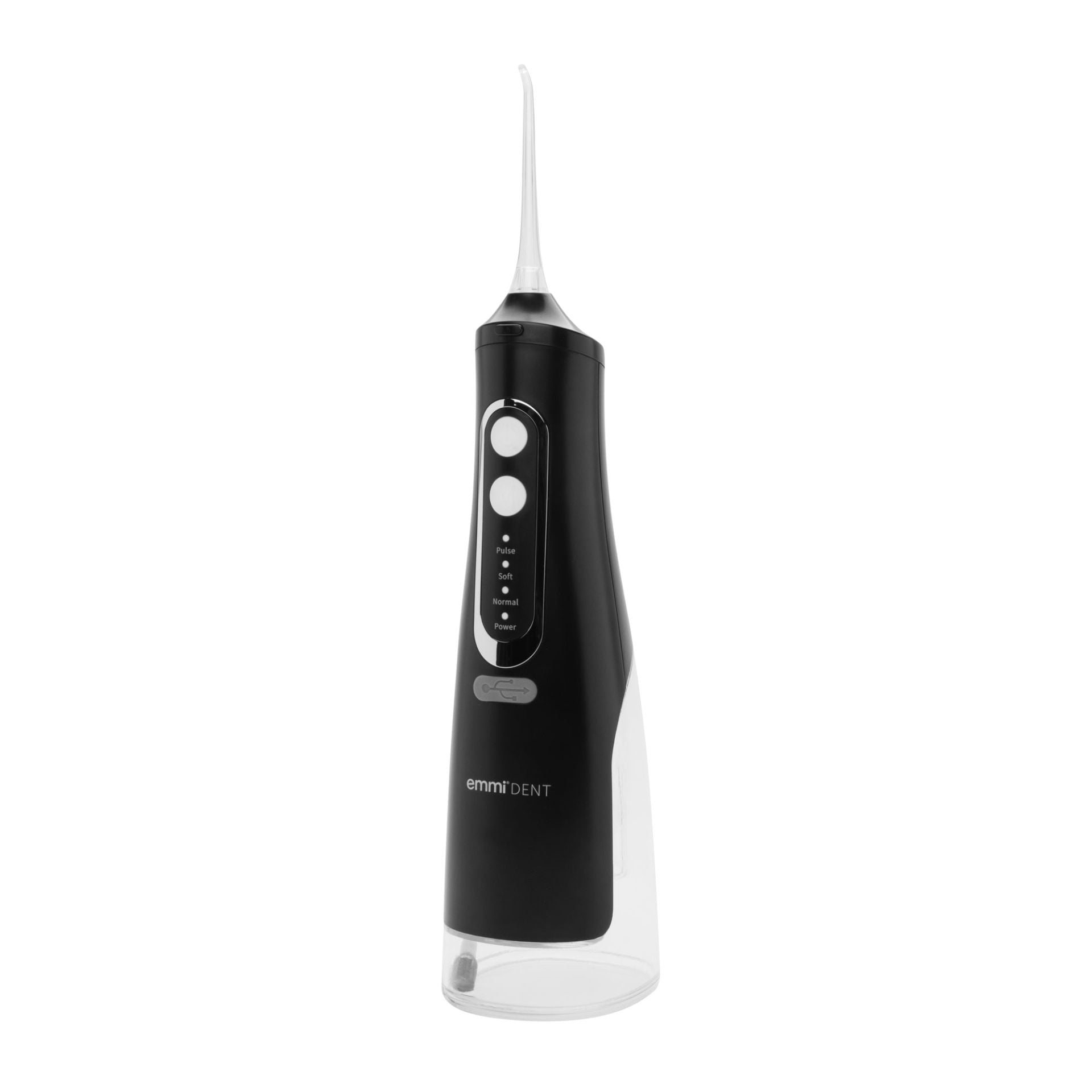Savais-tu que ta santé intestinale peut également influencer celle de tes dents et de tes gencives ? Beaucoup de personnes sous-estiment le lien étroit entre le système digestif et la santé bucco-dentaire – pourtant, de plus en plus d'études montrent que les maladies inflammatoires chroniques de l’intestin (MICI), comme la maladie de Crohn et la rectocolite hémorragique, peuvent augmenter le risque de parodontite.
Pourquoi ? Les MICI s’accompagnent souvent d’un système immunitaire affaibli, favorisant les inflammations dans tout le corps – y compris dans la bouche. De plus, certains médicaments et un régime alimentaire modifié peuvent rendre les gencives plus sensibles.
La bonne nouvelle : Avec une hygiène bucco-dentaire adaptée, tu peux protéger activement tes gencives. Dans cet article, tu découvriras pourquoi la prévention dentaire est particulièrement importante en cas de MICI, et quelles mesures peuvent t’aider à prévenir la parodontite.
Qu’est-ce qu’une maladie inflammatoire chronique de l’intestin (MICI) ?
Les maladies inflammatoires chroniques de l’intestin, ou MICI, sont des affections graves du tube digestif, caractérisées par des inflammations persistantes ou récurrentes du système digestif. Les deux formes les plus courantes sont la maladie de Crohn et la rectocolite hémorragique, qui évoluent souvent par poussées et peuvent grandement affecter la qualité de vie.
Alors que la maladie de Crohn peut affecter l’ensemble du tractus digestif, de la bouche à l’anus, la rectocolite hémorragique se limite au côlon. Des symptômes typiques comme des diarrhées persistantes, des douleurs abdominales, une perte de poids et une grande fatigue peuvent rendre le quotidien difficile. Ce que beaucoup ignorent : les MICI n’affectent pas uniquement les intestins – elles peuvent aussi compromettre la santé bucco-dentaire.
Pourquoi une maladie intestinale peut-elle affecter ta santé bucco-dentaire ?
Bien que les MICI concernent principalement le système digestif, plusieurs mécanismes peuvent également impacter les dents et les gencives.
1. Un système immunitaire affaibli
Les MICI sont des maladies auto-immunes dans lesquelles le système immunitaire s’emballe et déclenche des inflammations dans tout l’organisme – y compris dans la cavité buccale. Les gencives deviennent alors plus vulnérables aux infections, augmentant ainsi le risque de parodontite (inflammation des gencives).
2. Des habitudes alimentaires modifiées
De nombreuses personnes atteintes de MICI doivent adapter leur alimentation pour éviter les poussées. L’évitement de certains aliments, une malnutrition ou une mauvaise absorption des nutriments dans l’intestin peuvent directement affecter la santé bucco-dentaire. Une carence en vitamine D, fer ou acide folique peut affaiblir les gencives et favoriser l’inflammation.
3. Sécheresse buccale causée par les médicaments
Les traitements des MICI, comme les corticostéroïdes ou immunosuppresseurs, peuvent réduire la production de salive. Or, la salive est essentielle à la santé bucco-dentaire : elle neutralise les acides et élimine les bactéries. Une bouche sèche favorise donc l’apparition de caries et de problèmes gingivaux.
En résumé : si tu souffres de MICI, accorde une attention particulière à ton hygiène bucco-dentaire. Avec une routine adaptée – comme un nettoyage doux mais efficace à l’aide de notre brosse à dents ultrasonique emmi-dent – tu peux protéger tes dents et tes gencives et prévenir les inflammations.
Parodontite et MICI : que dit la science ?
La science confirme de plus en plus que les personnes souffrant de maladies inflammatoires chroniques de l’intestin (MICI), telles que la maladie de Crohn et la rectocolite hémorragique, doivent faire face à des inflammations non seulement digestives, mais aussi buccales – en particulier, le risque de parodontite est significativement plus élevé chez ces patients. Mais pourquoi ?
Inflammation de l’intestin et de la bouche – un lien étroit
Les MICI sont des maladies systémiques, ce qui signifie : elles n’affectent pas uniquement les intestins, mais peuvent favoriser des inflammations dans tout l’organisme, y compris au niveau des gencives. Les scientifiques parlent de l’axe intestin-bouche, qui décrit comment les processus inflammatoires du tube digestif influencent le système immunitaire et affaiblissent l’organisme. Le tissu gingival devient alors moins résistant face aux bactéries, augmentant le risque d’infections et de parodontite.
Un système immunitaire affaibli – les bactéries en profitent
Un organisme en bonne santé peut maîtriser les bactéries buccales. Mais quand le système immunitaire est affaibli par une inflammation chronique, les bactéries prolifèrent plus facilement. Les défenses naturelles ne suffisent plus, les agents pathogènes pénètrent les gencives, provoquant des inflammations, des saignements gingivaux, voire la destruction de l’os de soutien des dents.
Les carences nutritionnelles comme facteur de risque supplémentaire
Beaucoup de personnes atteintes de MICI présentent une carence en nutriments essentiels. En particulier, la vitamine D, l’acide folique et les oméga-3 jouent un rôle clé dans la santé gingivale. Une carence nuit à la régénération du tissu gingival, ralentit la guérison et favorise les infections.
Particulièrement critiques :
- Carence en vitamine D : affaiblit les défenses immunitaires et augmente le risque de maladies gingivales.
- Carence en acide folique : nuit à la régénération cellulaire, ralentissant la cicatrisation.
- Carence en oméga-3 : ces acides gras ont des effets anti-inflammatoires qui aident à réduire les inflammations gingivales.
Pourquoi une bonne hygiène bucco-dentaire est-elle cruciale en cas de MICI ?
Si tu souffres d’une maladie inflammatoire chronique de l’intestin comme la maladie de Crohn ou la rectocolite hémorragique, l’inflammation ne touche pas seulement ton système digestif – elle peut aussi avoir de graves conséquences sur ta santé bucco-dentaire. Les études montrent que les patients MICI ont un risque bien plus élevé de gingivites et de parodontite.
Quels problèmes peuvent survenir ?
1. Risque accru d’inflammation gingivale
L’inflammation chronique peut également atteindre les gencives, les rendant plus sensibles, plus sujettes aux saignements et à la récession gingivale – signe typique de la parodontite.
2. Sécheresse buccale induite par les médicaments
Les traitements MICI, comme les corticoïdes ou les immunosuppresseurs, réduisent souvent la production de salive. Une bouche sèche favorise la prolifération des bactéries, ce qui augmente les risques de caries et d’inflammation des gencives.
3. Prolifération bactérienne facilitée par un système immunitaire affaibli
Le système immunitaire affaibli n’est plus capable de contrôler efficacement les bactéries buccales, ce qui favorise l’apparition de parodontite.
4. Gencives sensibles et facilement irritées
Les patients atteints de MICI souffrent souvent de gencives sensibles, facilement irritées par des brosses dures ou des dentifrices agressifs, ce qui favorise l’installation des bactéries dans les poches gingivales.
Routine de soins bucco-dentaires adaptée aux MICI
Si tu vis avec une MICI, il est essentiel d’adopter une routine de soins dentaires ciblée. Un nettoyage doux et efficace permet de protéger les gencives sensibles et de prévenir les inflammations.
1. Nettoyage doux mais en profondeur avec les ultrasons
Les brosses classiques fonctionnent mécaniquement, ce qui peut irriter les gencives sensibles. La solution ? Un nettoyage sans contact mais très efficace. Notre brosse à dents ultrasonique emmi-dent utilise des ultrasons haute fréquence qui pénètrent dans les espaces interdentaires et sous-gingivaux pour éliminer les bactéries et la plaque – sans contact direct.
- Soins en douceur, même pour les gencives sensibles
- Efficacité en profondeur, même dans les zones difficiles d’accès
- Aucun frottement, respectueux des dents et des gencives
2. N’oublie pas les espaces interdentaires
Les résidus alimentaires s’y accumulent souvent et provoquent des inflammations. Chez les patients MICI, un nettoyage minutieux des espaces interdentaires est essentiel.
La soie dentaire peut être douloureuse. Un hydropulseur est une excellente alternative – doux et efficace pour nettoyer sans blesser.
3. Visites régulières chez le dentiste – la détection précoce est clé
- Détection précoce des inflammations gingivales
- Détartrage en profondeur
- Conseils personnalisés adaptés à ta MICI
4. Une alimentation adaptée pour des gencives en bonne santé
Certains nutriments sont essentiels pour renforcer les gencives et réduire l’inflammation :
- Vitamine D : système immunitaire renforcé, effet anti-inflammatoire
- Oméga-3 : régulent les inflammations
- Vitamine C : formation de collagène pour des gencives fortes
À éviter :
- Aliments acides (sodas, vinaigre) : attaquent l’émail
- Sucres : favorisent caries et plaque dentaire
Santé intestinale et santé bucco-dentaire vont de pair
Si tu es atteint(e) de MICI, prends soin de tes gencives. Des gencives saines réduisent le niveau général d’inflammation dans ton corps.
- Un soin doux avec la brosse à dents ultrasonique emmi-dent
- Des visites régulières chez le dentiste pour prévenir la parodontite
- Une alimentation consciente pour soutenir tes intestins et ta bouche
Une bonne hygiène bucco-dentaire est une étape cruciale pour préserver ta santé – surtout en cas de MICI.

